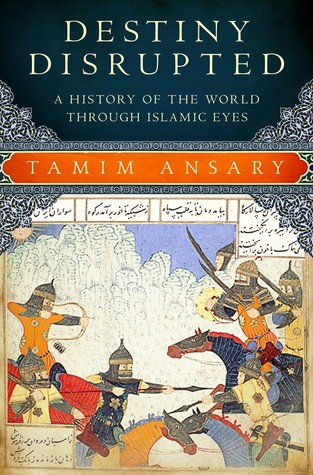If a scholar had exhausted Qur’an, hadith, qiyas, and ijma, then and only then could he move on to the final stage of ethical and legislative thinking, ijtihad, which means “free independent thinking based on reason.” Scholars and judges could apply this type of thinking only in areas not derived directly from revelation or covered by established precedents. And over the centuries, even those cracks grew narrower, because once an eminently qualified scholar weighed in on some subject, his pronouncements also joined the canon. Scholars who came later had to master not just Qur’an, hadith,
...more
Welcome back. Just a moment while we sign you in to your Goodreads account.


